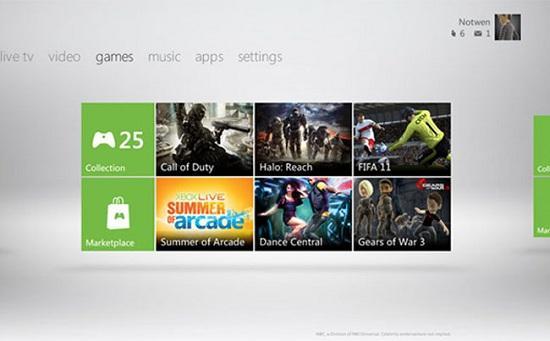
There’s a big debate going on right now as to whether or not there really is a tablet market. Brand and mobile OS loyalty aside, there’s no arguing the fact that Apple has not only defined the market, but is currently ruling it. We’ve seen the direct result of Apple’s stranglehold on the tablet market with HP’s pull-out of the market altogether (at least for a little while, anyway), and we know that sales of pretty much every other tablet out there aren’t as fabulous as the manufacturers would like. But, talking about whether or not there’s a tablet market out there isn’t the point of this article. The point, is Microsoft, and where the company that’s seemingly staying out of the race is currently positioned, and how they could actually introduce some interesting tablets with their current offerings.
First, let me just say that I don’t want a Windows 7 tablet. They’re out there, and while they’re great for people who want nothing more than a Windows 7 experience in a more mobile fashion than, say, a laptop, it’s not something that I think is actually a competitor to Apple (or anyone else, for that matter). More to the point, Windows 7 tablets are even more expensive than their counterparts, which is still confusing to me. With these other companies focusing their energy on creating tablet specific mobile operating systems, Windows 7 just isn’t a competitor.
And that’s why I want a Windows Phone tablet. I think the mobile OS is geared perfectly towards the larger screen. Windows Phone is a unique mobile OS in and of itself, and while it may not be to everyone’s liking on a phone, I think it’s something that even more people could get accustomed to on a tablet. Especially with the Live Tiles and Hubs, getting information quickly on your tablet couldn’t be easier than on a Windows Phone-based tablet.
And for those of you out there who have been keeping an eye on Windows 8, this is probably where you’d chime in and say, “It’s coming!” Well, yes and no. While Microsoft is obviously trying to make an Operating System that can, for the most part, coexist with current Windows 7 offerings and what they have going in Windows Phone, I don’t think this is going to be the sweetest of tech marriages. Why? Because under Windows 8’s tiles and landscape positioning, there’s still the full Windows experience under there. Which means, while it’s great it looks different and looks like Windows Phone, it really isn’t the same thing at all. It’s just Windows, but with flare.
And some people out there may say that there’s nothing different about it, but there really is. Windows isn’t designed to be a tablet-specific OS. Yes, it can be mobile in the sense that it works on a laptop, but the same experience isn’t worthwhile on a tablet. Especially when we compare it to things like iOS, webOS, or even Android. These are mobile operating systems that have been geared towards the tablet, and that was made possible by the fact that they were all started on phones. Yes, they’ve evolved (some more than others) to work better on a tablet, but they are still the phone’s OS reflection.

Microsoft is in a great position to make Windows Phone into a tablet OS, simply because it’s not happening now. And I think if Microsoft can make Windows Phone on a tablet look like what we’ve seen coming down the pipe for the Xbox 360’s Dashboard (pictured above), then the company really has something here. Of course, the hardware would have to be worthwhile, and Microsoft couldn’t let the manufacturer price it out of range. But we know the software is there, at least, and that’s a good start. Wait until the third iPad is unveiled, and then make a better tablet with Windows Phone as the OS, and you may just have a winner on your hands, Microsoft.